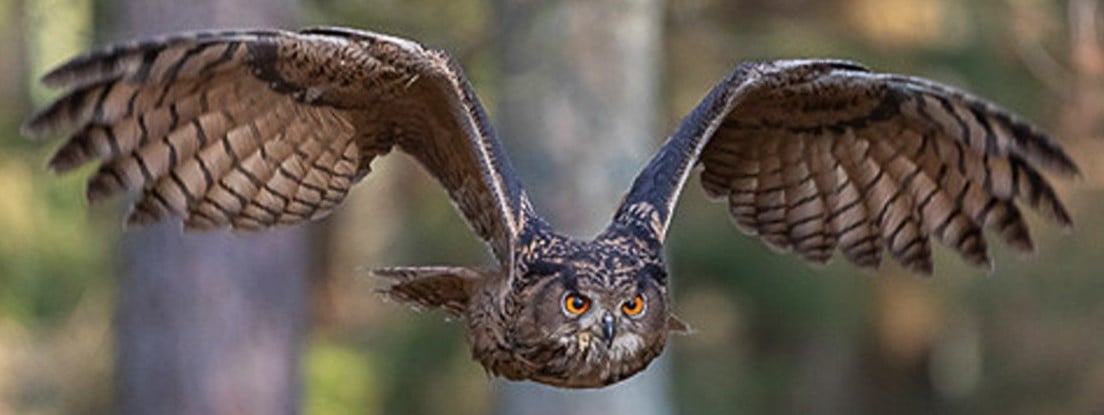From Center for Wildlife
This barred owlet was admitted after being found on the ground as a very young nestling on May 5th. Far too young to be fledgling from the nest, we usually clear owlets from any injuries and attempt to renest with their parents if ever possible. However the exact nest site is unknown and it has been raining for over a week. Without the cover of the nest and mom's incubation, owlets are vulnerable to predators and also freezing.
Our clinic team did a full exam and fluid therapy to help with mild dehydration. She was also given a fecal to test for parasites which came up negative. Beyond medical treatment, proper nutrition and husbandry, young raptors must be raised with adults or at a minimum young of their species. Why? Because they imprint on who they are with in their critical developmental stages, and if it is not their species studies show they cannot successfully communicate, defend territory, mate, raise young, etc. As adorable as they are, if we raise wildlife to imprint on humans we essentially take away their wild lives.
This owlet has been moved to an outdoor enclosure with an adult barred owl patient. There, she is learning who she is, how to hide from predators (humans dropping off food in the enclosure), and she will also find her voice by listening to the calls of her foster mom, our barred owl ambassadors, and the wild barred owls in the forest on our campus. Once she is old enough, we will work to get her back to her family.


